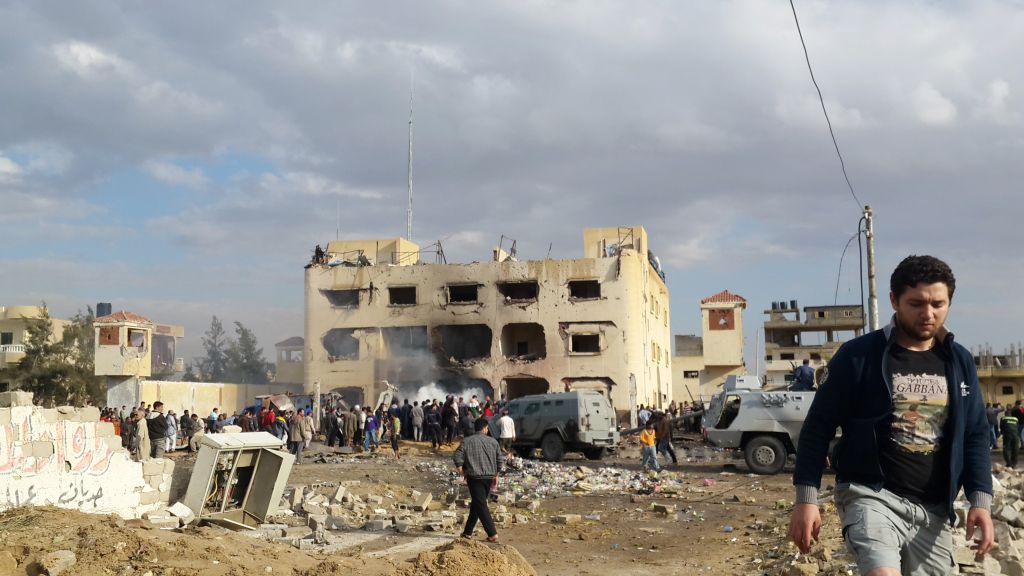A recent report has revealed large-scale instances of war crimes in the Sinai region of Egypt by both the country’s security forces and the Islamic State militants. In a 134-page report titled ‘If You Are Afraid for Your Lives, Leave Sinai!’ – Egyptian Security Forces and IS-Affiliate Abuses in North Sinai,’ Human Rights Watch has alleged that both sides have engaged in indiscriminate violence against civilians. The Egyptian military has categorically denied the allegations raised in the report.
The report was prepared after around two years of speaking to 54 residents of North Sinai, journalists and former and current serving officers. The report has not named any sources from Sinai, and neither does it attempt to paint any picture of the enormity of the alleged crimes, apart from a few collation of local news reports and military statements.
The report describes in detail the specific acts that can be prosecuted under international law as war crimes and also even crimes against humanity. These include extrajudicial killings, mass arrests, torture and deaths during detention, and use of militias as the crimes of the government. It has also stated the government did not take “feasible precautions to avoid and minimize harm to civilians while conducting its operations”.
From the side of the insurgents, it has listed use of improvised explosive devices (IEDs) in civilian areas, deliberate attack on civilian infrastructure, including the bombing of 2015 Metrojet Flight 9268, attacks on Christian families in the North Sinai, and violent enforcement of their version of the Sharia. The report names Wilayat Sinai, the Sinai branch of the Islamic State of Iraq and Levant, which was previously the Ansar Bait al-Maqdis, as the culprit behind several targeted attacks on civilians.
Although different insurgencies have been raging in the region since 2011, the current conflict that is primarily between Ansar Bait al-Maqdis, later Wilayat Sinai, can be traced back in the aftermath of the 2013 coup that unseated the Muslim Brotherhood government of Mohammed Morsi. The coup saw the military led by Abdel Fattah el-Sisi seizing power, utilizing the opportunity provided by countrywide protests against the rule of Morsi and violent clashes between his supporters and opponents.
El-Sisi, who took over the presidency after winning a controversial general election in 2014, cracked down on the pro-Brotherhood forces within Egypt, which exacerbated an already raging Islamist rebellion in Sinai. After the Ansar Bait al-Maqdis pledged allegiance to the IS and reorganized itself as the “Sinai province” of the IS, the conflict intensified. Today, the province of North Sinai has been closed off by the military and the conflict has claimed over 6,000 to 7,000 lives, of which around 1,500 are estimated to have been civilians. The conflict has involved at various times Israel and the United States, which have joined hands with the Egyptian government to form the ‘Multinational Force and Observers’ to conduct military operations against the IS in Sinai





